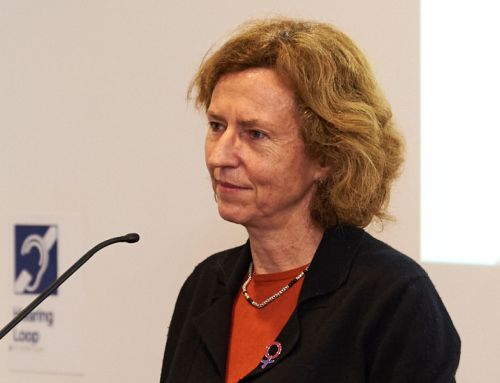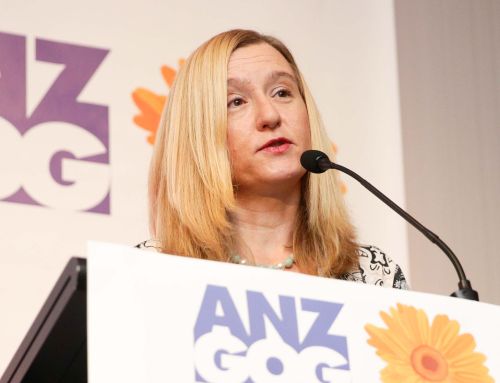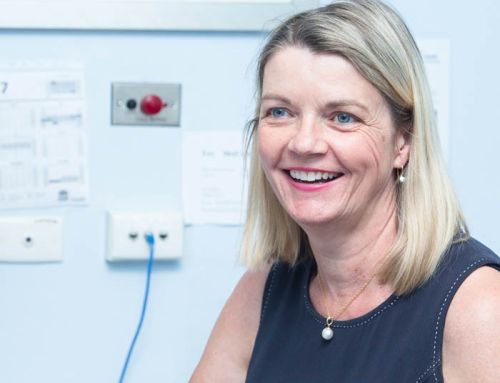The new study named EmQUEST seeks the stories of endometrial cancer survivors to gain a better understanding of their lives after treatment.

Professor Linda Mileshkin – Principal Investigator
Endometrial cancer (EC) is the most common gynaecological cancer in Australia, with around 3,000 women diagnosed each year. Survival rates are good following treatment with a hysterectomy. Despite this, many patients will require radiotherapy and chemotherapy to reduce their risk of relapse. These treatments can result in long-term side effects with a patient’s bowel, bladder or legs.
EmQUEST is a new study which seeks to fill the gap of qualitative information regarding side effects following treatment for EC. The knowledge derived from this study will guide future research and treatments, with the goal of improving quality of life outcomes for patients.
The study is being led by Medical Oncologist and clinical researcher Professor Linda Mileshkin from the Peter MacCallum Cancer Centre. Professor Mileshkin explains, “endometrial cancer doesn’t get a lot of press or discussion, so that’s why we’re running this survey. We want to understand the issues and concerns are for women after treatment.”
“Endometrial cancer doesn’t get a lot of press or discussion, so that’s why we’re running this survey. We want to understand the issues and concerns are for women after treatment.”
One patient with endometrial cancer, Naomi had an extensive experience with her illness. Naomi was part of a novel immunotherapy trial to treat her EC. After the trial Naomi experienced irregular thyroid activity, resulting in weight gain. She also had problems with her memory, “it was a massive disruption; my memory went crazy, I was very forgetful. I was struggling with that.” Additionally, Naomi experiences often experiences rashes and breakouts of dermatitis on her face and hands.
Naomi’s post-treatment symptoms were all unexpected side effects but provide important insight into the post-treatment lives of patients. Naomi hopes the EmQUEST study will give doctors and patients a better idea of what to expect from the onset of a diagnosis.
Researchers are hoping to gather more stories such as Naomi’s as part of EmQUEST. They hope this will help reduce such side effects for patients in the future, and assist in the of design more tailored interventions and support packages to help women live better after cancer.
If you believe you are would be a suitable participant for EmQUEST, please click the link below to complete the survey.
If you know anyone who may be suitable for this survey, please share this article using the links below.











